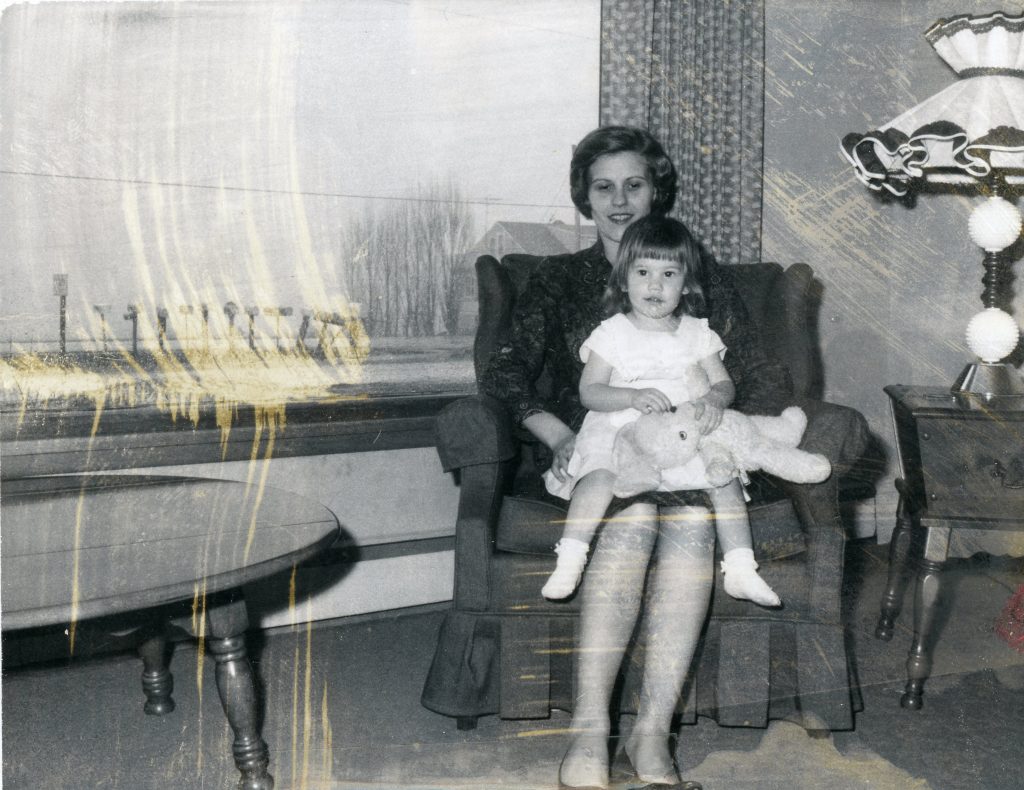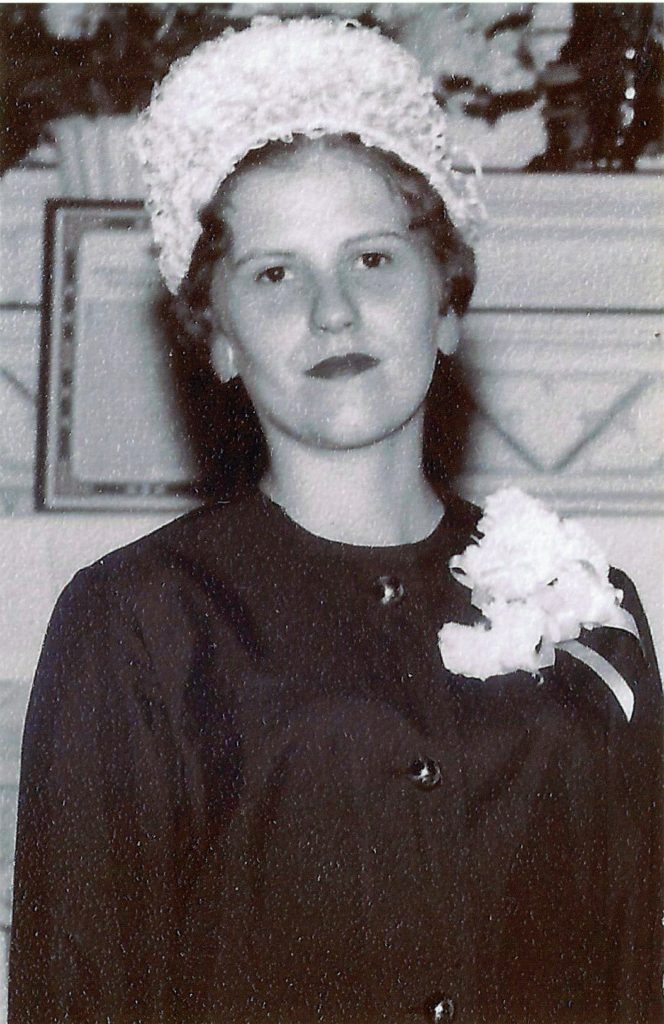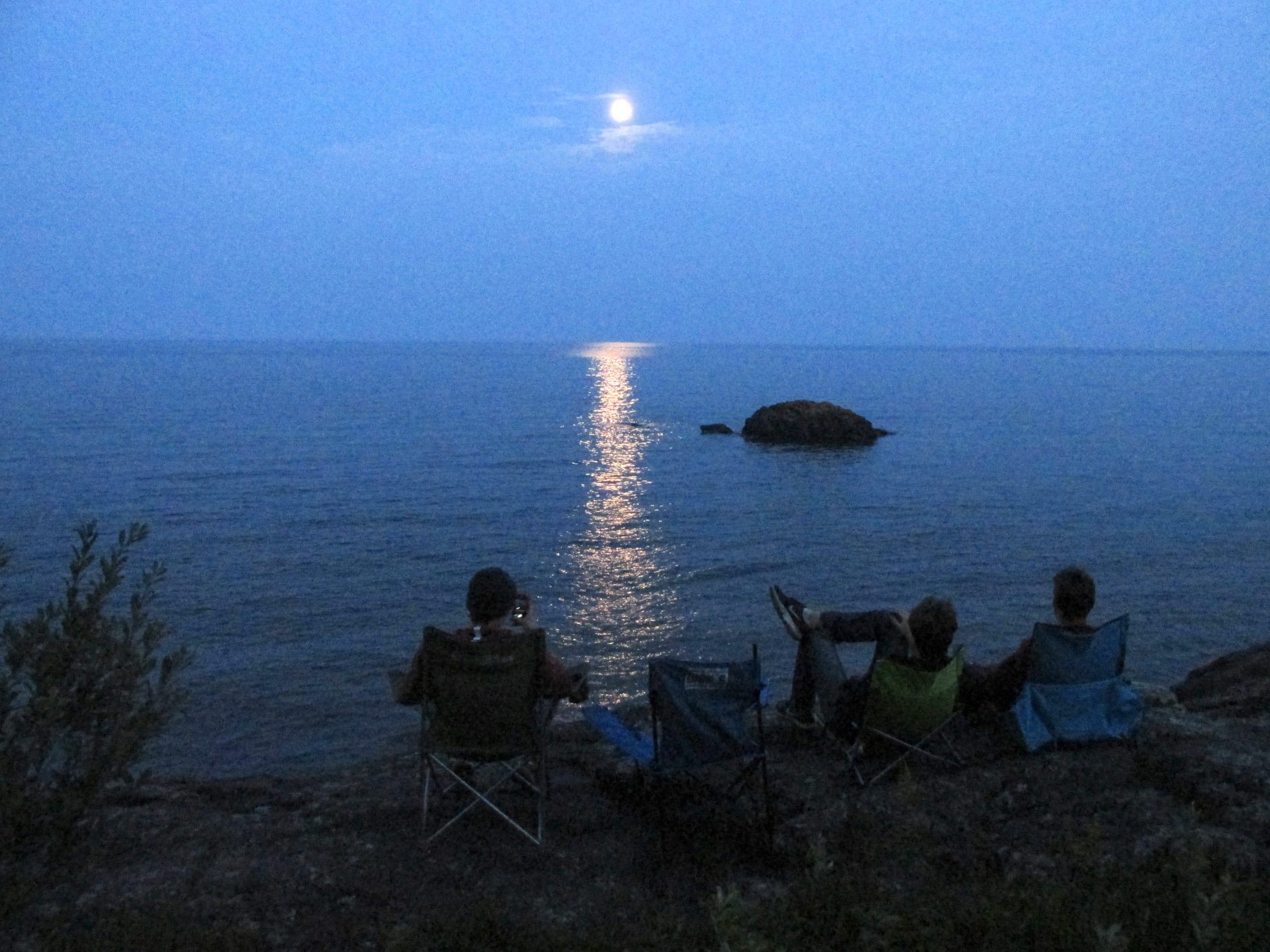Introduction
I started writing shortly after my son died to articulate to my extended family and friends what it is like to be a parent who loses a child. They had good intentions, did not know what to say to us, so they went to clichés when talking to his father, sister, and me. Emotions overtake thinking, and as such, we argued. They tried to have regular conversations about their daily life, but our lives had stopped. They wanted to help but did not know what to do to aid us through our grief, putting the ownership on us to help them help us.
My therapist encouraged me to share my writings as it will help others. Parents have started writing to me. We share our stories with each other because we have this shared connection of losing a child by suicide. I continue to write about my journey, and I ask you to share yours with me. There is no playbook, just learning and supporting each other. We do not need to be alone on our walk through living this new life.
The Start of My Story

Writing to tell a story is new for me. I do not do it for my profession, but it gives me an outlet. I went to a workshop that recognizes and explores the role of both the mind and body to help us tell the stories of our lives. The workshop included simple mind-body practices to connect with our inner selves, our past, and our present.
The weekend entailed three days of expressive exercises and teachings by well-known authors, storytellers, and practitioners to help us write and share a story with the group at the end of the workshop. There was one exercise we did which entailed us to walk with eyes closed in a visualized line in front of us, representing our lives from our ancestry up through the present, pausing at each point in our life that was pivotal, reflecting on what it did to shape the journey of our life.
I have experienced life-altering events, but I did not get this exercise. I did it in 5 steps. The first two were within baby steps, and the other three were further apart from each other. I was at the end of the line, representing the present, before most others. Now, what do I do? I need to keep my eyes closed out of respect for the others further back from me, until they too reach the present, standing shoulder to shoulder in a horizontal row next to me. While standing there with my eyes closed, I thought, this exercise is not useful.
Life Events
My life events were so vivid to me. I did not need to pause to reflect on them as they were alive, inside me. After the exercise, we each went back and wrote what we learned about ourselves, and she was there, my mother.
My mother died on November 24. The extended family was already traveling to town because the following day was my wedding. The hospital told our family there was nothing more they could do, and my mom wanted to spend her last bit of time on earth, at home. We thought we would have six months with her. She lasted a couple of weeks, but it could have been a month; I do not recall the duration of time between when everything happened at the end of her life, except that my mom’s death and my wedding day are one day apart.
I do not openly share the circumstances around my wedding day. I try to avoid it, but sometimes my husband sneaks it out in a group conversation. I do not want people to feel sorry for me, because it still was a lovely wedding. In hindsight, we would have done things differently, but I wanted my mom to be at my wedding.
Outside of behavior health professions, I do not verbally tell my story. I write now, to communicate what I am experiencing and feeling. It is a less emotionally taxing way to keep family and friends in my life than having to put myself out there to engage the world. Isolation is not a good alternative, so this helps me stay connected to those who care about me.

It was the longest night of my life, and the end of the life I knew begins.
The first time I verbalized my story, my husband was with me, and he did the talking. Now, when new people join the club, I can tell my story without much emotion, stating the facts of what happened. The club has become my lifeline. It is a club where you appreciate everyone there, and I call them a friend. Outside of this club, I may not have picked these people to be in my world. They come from different education levels, religious beliefs, and life experiences. With some, I do not have anything in common with them, except for this one thing. I did not ask to be in this club, it just happened. I would never have imagined this to be possible.
My therapist told me that most people could not put themselves in my place because it would be too painful. The club is not a club, like those that you join to run together or discuss a book over a glass of wine, but it is a support group.
It started on a Saturday night. I remember waking from sleep, asking my husband if he also heard someone knocking at the front door. We heard it again. He got up and went downstairs. I thought it might be someone who needed help. Before the time when everyone had cell phones, people would come up from the highway to ask for help because of car trouble, or they drove into our front ditch, taking the corner too sharply, and now need help getting out.
I heard talking inside the house, so I knew it was more. I put on my robe and hobbled down the steps to the first floor, my feet stiff from the four-mile run I did that morning. I rounded the corner, and there was a policeman in the entryway. It was the longest night of my life, and the end of the life I knew begins.
My story is ongoing because I am still here. I have chosen to keep living for my daughter and husband and to tell his story.
The support group is for survivors of suicide loss. Even in the midst of these two life tragedies, each morning still comes. The first, the loss of my mother, when I was 23. She is now not on my mind every moment of every day, but she is within me, a part of my being. I open my eyes. I feel a heavy weight of emotion on my chest. The other tragedy, consumes my mind, body, and soul of every moment, of every day.
As I wake up from a drug-induced sleep, I become aware of my body, and I remember it is broken, the tragedy seeps in again to consume me. I roll over on to my side and then into an upright position, swinging my legs off the edge of the bed, so my feet touch the floor. The wave of realization hits me, as I glance at the mirror across from the bed hanging over the dresser, and look at my sunken face. I have aged. There are deep dark circles under my eyes. I have woken up again. I have another day to figure out how to live this new existence. My story is ongoing because I am still here. I have chosen to keep living for my daughter and husband and to tell his story.
